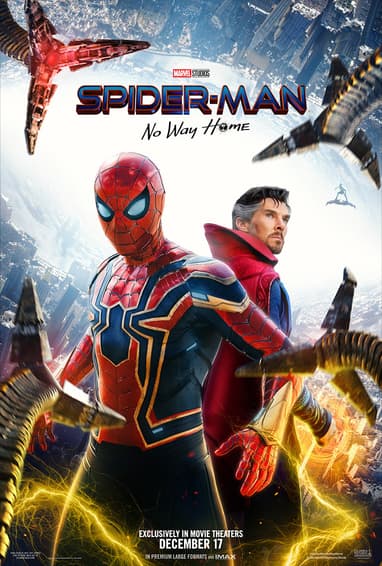It’s an interesting way to present the character. In a lot of ways, when Lee and Kirby, Ditko and the rest were creating the classic Marvel characters, they were influenced by the other popular (and weird) media at the time. So, the creation of Spider-Man was as influenced by movies like The Fly (1958) and I Was A Teenaged Werewolf (1957) as it was by Superman and Superboy comics. Stephen King often pointed out that what makes horror stories work – or at least the way they work for him when reading or writing them – is that there is something in your unconscious that says “with a little bit of changes here and there, this could be real.” That’s what makes it scary. It may be about a giant, fire-breathing reptile or giant man driven insane by radiation exposure that is stomping cities, but it’s really about the horrors nuclear war or some radiation disaster can inflict without warning on the entire world. Godzilla was inspired by an actual nuclear disaster in the South Pacific that killed several Japanese fisherman and The Amazing Colossal Man (probably an inspiration for The Hulk) was in theaters at the same time high schools would have atomic bomb drills. They expressed the anxiety of the age as ridiculous monsters that were much easier to handle than the real monster of potential nuclear war.
Spider-Man is a matinee monster origin turned into a superhero story, but I feel that the inward success of Spider-Man and the Hulk has a lot to do with the same appeal The X-Men had for me in the 80’s and probably still has for teen readers today. Even though the most popular Marvel heroes are often outsiders and underdogs, and – like in the X-Men movies – they can be used as stand-ins for all sorts of groups excluded from the mainstream, I think the essential appeal of the stories and characters was that it felt like a mythic or metaphoric (and exciting) portrayal of the struggles of adolescence. When a person is a child, generally, they are taken care of, everyone (generally) finds them to be adorable and they get a lot of physical and emotional support – however, they don’t have any power and are often anxious and afraid.
However, once they reach the teens, the bodies start changing, emotions become harder to control, and they get more power, but they also start to be held responsible and stop being cute. So, it feels like despite all good intentions, you’re now in a world where people no longer love or trust you compared to how you were treated before you could drive a car, start a serious fight, get a job or get pregnant or get someone pregnant.
So, the idea that Peter would also have this darker internal personality – the Spider – representing the potential downside of his powers that he has to constantly keep in mind and in check fits in with that basic struggle of maturing from a child into a young adult.
2 users thanked author for this post.

